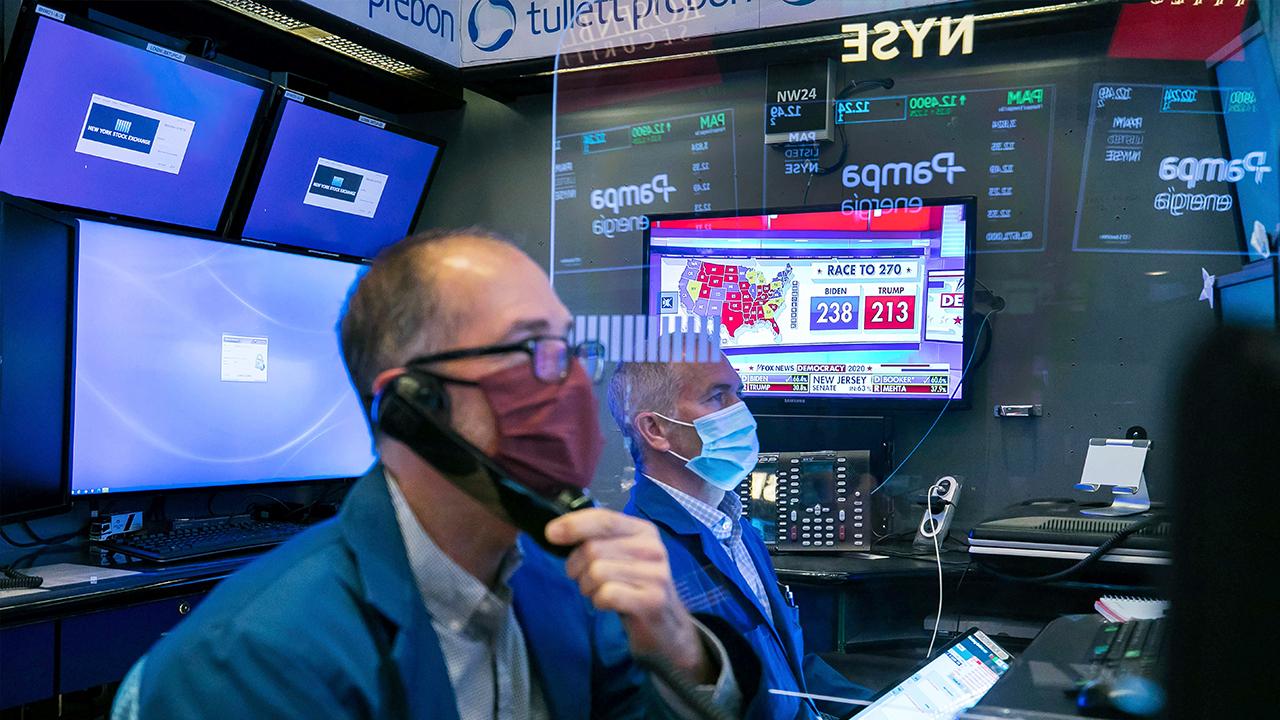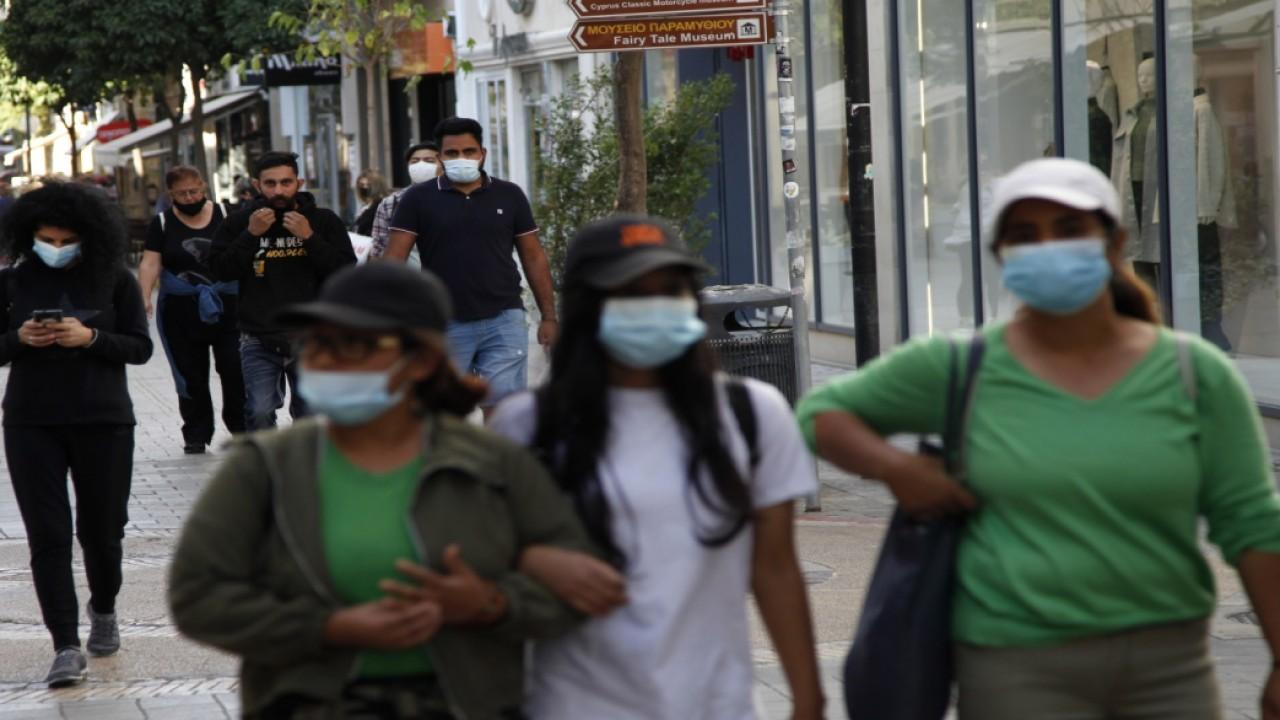Fed: Stock market not overvalued, climate change emerging as risk
The Dow and S&P 500 touched fresh records on Monday
Although the stock market is soaring, the Federal Reserve says valuations aren’t out of the stratosphere if you account for low-interest rates, plus policymakers are weighing in on climate change for the first time.
The conclusion from the Fed comes from the Fed’s semiannual report on financial stability, which assesses risks to the financial system and comes on a day when the Dow Jones Industrial Average and the S&P 500 touched fresh records on Monday after Pfizer and BioNTech disclosed their COVID-19 vaccine was 90% effective in trials.
DOW ADDS 834 POINTS ON PFIZER’S COVID-19 VACCINE BREAKTHROUGH AS NASDAQ DIPS
| Ticker | Security | Last | Change | Change % |
|---|---|---|---|---|
| I:DJI | DOW JONES AVERAGES | 50115.67 | +1,206.95 | +2.47% |
| SP500 | S&P 500 | 6932.3 | +133.90 | +1.97% |
| I:COMP | NASDAQ COMPOSITE INDEX | 23031.213218 | +490.63 | +2.18% |
The central bank says compensation for taking on risk in the stock market is roughly in line with historical norms. Though, the Fed says asset price remains vulnerable to significant declines if investor sentiment turns or the economy weakens and in light of the pandemic.
PFIZER AND BIONTECH'S COVID-19 VACCINE: WHAT TO KNOW
The biggest risk, according to the Fed now, is business borrowing, which has continued to soar since 2018 as companies’ borrowing accelerated this year to bridge income losses from the pandemic. The Fed warns corporate credit quality has deteriorated and while a lot from PPP loans which may be forgiven and low-interest rates help business service debt, it’s possible that declines in sales and profits could result in defaults on loans.
Another risk: Small businesses have been hit hard by COVID-19 and strains on their ability to pay loans could “worsen significantly,” says the Fed. Credit quality for small businesses has deteriorated notably since the pandemic and has not yet stabilized, with many small businesses closing or scaling back operations.
WEARING MASKS KEY TO ECONOMIC REBOUND: FED CHAIR POWELL
FED WEIGHS IN ON CLIMATE CHANGE
The Fed, which conducts a report on risks to the financial system twice a year, is adding climate change as a category. The central bank underscored that a lack of clarity about true exposures to specific climate risks can create vulnerabilities.
In general, the Fed says the financial system more resilient than in 2008 and that the core of the banking system is serving as part of the solution and not the problem. Banks continue to be well-capitalized. The central bank also thinks it put in place safeguards to protect against a repeat in dislocations in the Treasury market earlier this spring.
OTHER RISKS CITED BY THE FED
- Measures of leverage at life insurance companies are at post-2008 highs and remain elevated
- Money markets have stabilized but would be vulnerable without the emergency facilities in place
- Prices of commercial properties are still elevated relative to incomes –within comm real estate most vulnerable are, retail, office, and lodging properties exhibit the highest vulnerability.
- Vulnerabilities in the leveraged loan market appear to have lessened somewhat since May





















